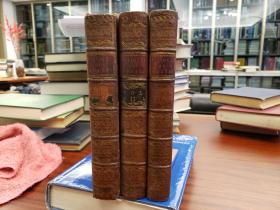
Reliques Of Ancient English Poetry, Consisting Of Old Heroic Ballads, Songs, And Other Pieces Of Our Earliest Poets, Together With Some Few Of Later Date. Third Edition, With Amended Essay
1775年《英诗辑古》3卷全,古董书现货!非代购!非“海外库房”发货!
¥ 3637 九品
仅1件
浙江杭州
认证卖家担保交易快速发货售后保障
作者PERCY, Thomas
出版社J. Dodsley
出版时间1775
版次3
装帧精装
尺寸18 × 12 cm
上书时间2024-02-16
- 在售商品 暂无
- 平均发货时间 1小时
- 好评率 暂无
- 店主推荐
- 最新上架
商品详情
- 品相描述:九品
- 私人藏书,全皮,摩洛哥真皮,原装未动过。卷二封面和封底开裂,卷一和卷二中间有断裂的痕迹。注意这是1775年的书,三卷全,内部非常好。距今243年了,请谨慎下单。
- 商品描述
-
Thomas Percy (13 April 1729 – 30 September 1811) was Bishop of Dromore, County Down, Ireland. Before being made bishop, he was chaplain to George III. Percy's greatest contribution is considered to be his Reliques of Ancient English Poetry (1765), the first of the great ballad collections, which was the one work most responsible for the ballad revival in English poetry that was a significant part of the Romantic movement.
The Reliques of Ancient English Poetry set the stage not only for Robert Burns, but also for Wordsworth and Coleridge's Lyrical Ballads. The book is based on an old manuscript collection of poetry, which Percy claimed to have rescued in Humphrey Pitt's house at Shifnal, Shropshire, "from the hands of the housemaid who was about to light the fire with it." The manuscript was edited in its complete form by JW Hales and FJ Furnivall in 1867-1868. This manuscript provides the core of the work but many other ballads were found and included, some by Percy's friends Johnson, William Shenstone, Thomas Warton, and some from a similar collection made by Samuel Pepys.
Percy "improved" 35 of the 46 ballads he took from the Folio. In the case of The Beggar's daughter of Bednal Green (Bethnal Green), he added the historical character of Simon de Montfort, Earl of Evesham. In this version the ballad became so popular that it was used in two plays, an anonymous novel, operas by Thomas Arne and Geoffrey Bush, and Carl Loewe's ballad "Der Bettlers Tochter von Bednall Green". A fuller account of the history of the ballad can be found in "The Green" by A. J. Robinson and D. H. B. Chesshyre.
— 没有更多了 —











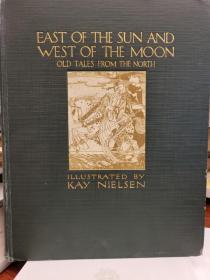
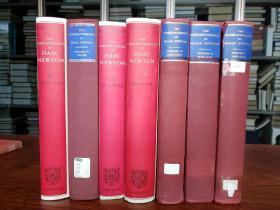

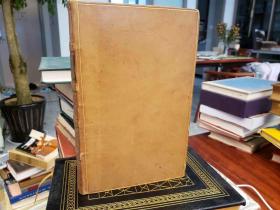



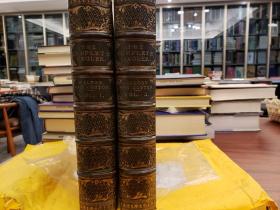
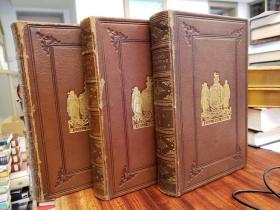
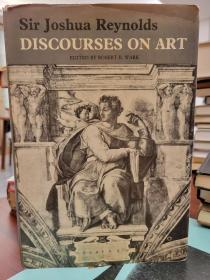


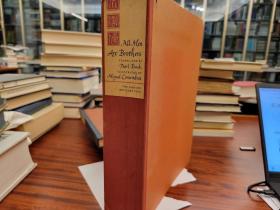

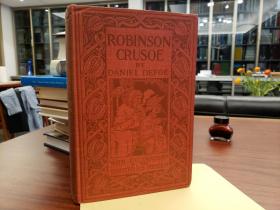
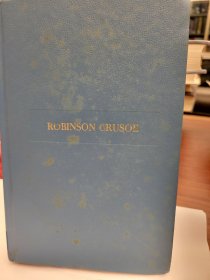



以下为对购买帮助不大的评价